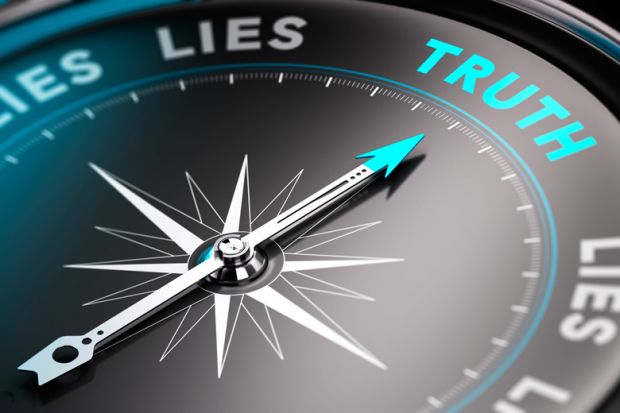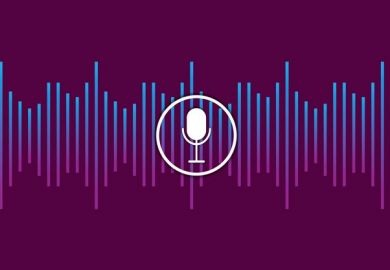People who mull things over are less vulnerable to Covid propaganda than those who rely on gut instinct, but they are no more likely to embrace accurate information about the pandemic.
An Australian study has backed overseas findings that “type 2” or “analytic” thinkers – those inclined to slow, deliberative cognitive processes that require working memory – are less prone to Covid factoids than type 1 “intuitive” thinkers who evaluate information quickly and automatically.
But the researchers found no evidence that people with higher analytic thinking scores, measured using a common psychological questionnaire called the Cognitive Reflection Test (CRT), were more receptive to scientifically supported facts about Covid-19.
The findings suggest that scepticism, not conviction, is the natural bedfellow of type 2 thinkers. Research leader Matt Nurse, a doctoral student at the Australian National University, said it appeared that “plausible” information did not trigger analytic thinking.
“But when people come across something that’s implausible, some are more prone to really dig in and think. And some are likely to either accept it at face value or reject it because of some sort of heuristics [or] rule of thumb.”
Mr Nurse is studying the scientific misinformation “infodemic” spawned by Covid-19. He said that the research, reported in the journal Memory & Cognition, had “good” implications for academics’ engagement mission.
“If scientists or healthcare professionals can prompt people to slow down and think, that might be one of the keys to solving the big problem we’ve got at the moment,” he said.
The results also suggest that people promoting accurate information could face a tougher task than those peddling falsehoods. And while people battling fabrications should try to stimulate people’s analytical skills, those disseminating the truth should appeal to intuition.
“There’s nothing wrong with people trying to communicate factual information in a way that taps into people’s intuitive thinking,” Mr Nurse said. “Advertisers and communication specialists use that method all the time. But when it comes to trying to fight back against claims from people spreading misinformation, prompting people to use analytic thinking might be really valuable.”
The research, which also involved academics from Macquarie University and Queensland University of Technology, was conducted in May last year. The team quizzed almost 750 Australians about their willingness to accept and share 10 statements about the disease.
Five statements summarised information from health authorities on issues such as disease severity and prevention measures. The other five involved debunked theories, such as that Covid is caused by 5G technology and its transmission can be stopped with vitamin C.
People with the highest CRT scores for analytical thinking proved least likely to believe or share the misinformation statements. But the study found no statistically significant correlation between CRT scores and people’s willingness to accept or disseminate factual statements.
Mr Nurse said that while intuitive thinking was the “default” for many people, the findings showed that teachers should not rely on it in classes or tutorials. “You need to try to prompt your students into a more analytic mode”, he said, adding that information processed analytically was also more likely to “stick” in people’s minds.
But type 2 thinking may be a hard ask during Covid, as students struggle to learn amid home distractions. “Finding ways of really engaging people into analytic thinking is a big challenge in the current environment.”
Register to continue
Why register?
- Registration is free and only takes a moment
- Once registered, you can read 3 articles a month
- Sign up for our newsletter
Subscribe
Or subscribe for unlimited access to:
- Unlimited access to news, views, insights & reviews
- Digital editions
- Digital access to THE’s university and college rankings analysis
Already registered or a current subscriber? Login









